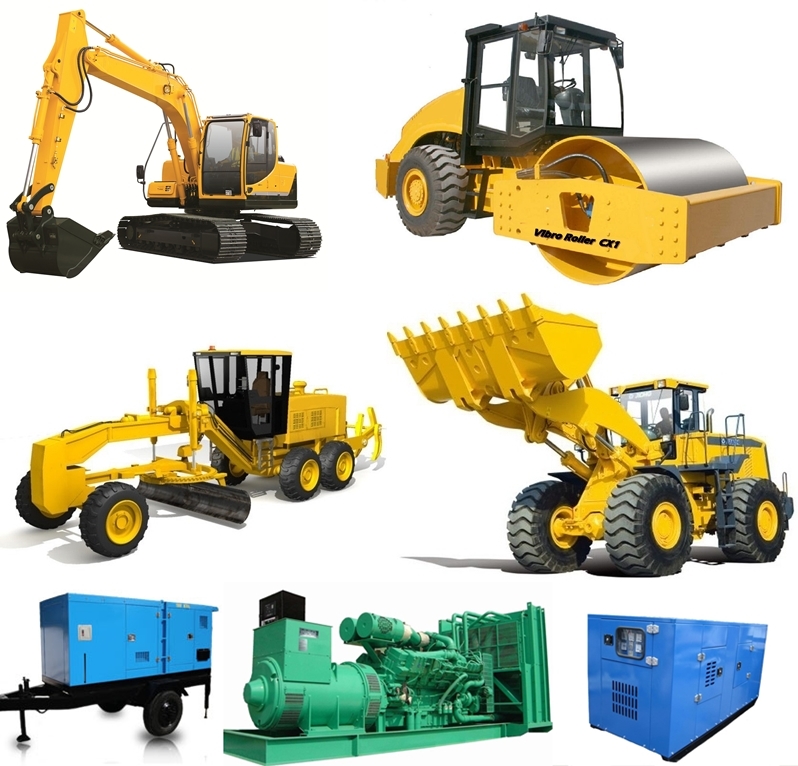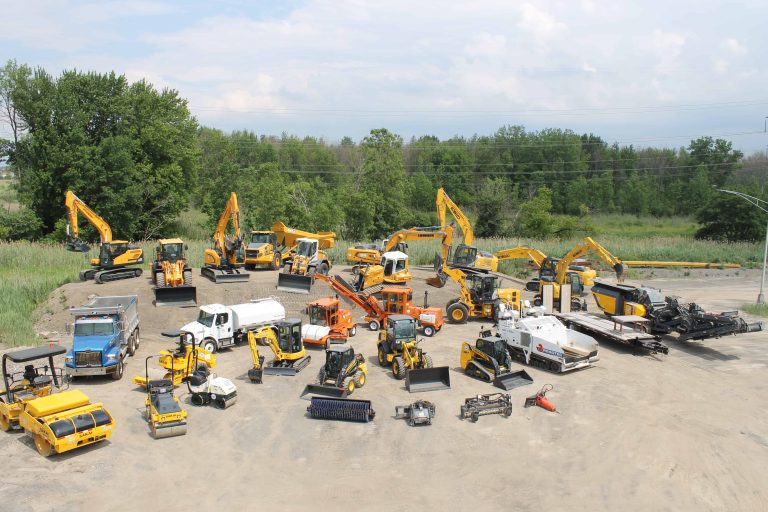Forklift Rental: Heavy Training Equipment for Warehousing and Extra
Forklift Rental: Heavy Training Equipment for Warehousing and Extra
Blog Article
Optimize Your Budget Plan by Understanding the Expenses Associated With Building And Construction Devices Rentals
Recognizing the full range of costs connected with building devices rentals is vital for optimizing your budget. What strategies can be used to properly take care of these prices and guarantee a much more effective rental experience?
Review of Rental Costs
When taking into consideration building devices services, comprehending the linked expenses is paramount for reliable budgeting and project preparation. Rental prices can differ dramatically based upon several aspects, including devices type, duration of service, and area. The first rental fee often mirrors the tools's market demand and its associated functional capabilities, affecting the general expenditure.
In addition to the base rental rate, ancillary costs might develop, such as transportation charges, gas additional charges, and maintenance charges. It is important to account for these additional costs to precisely analyze the total expense of renting out devices. Additionally, the rental duration can influence rates; longer services may get approved for affordable rates, while short-term services might incur greater everyday charges.

Breakdown of Rental Rates
A comprehensive understanding of rental rates is essential for service providers and task managers aiming to maximize their spending plans. Rental prices for building and construction tools normally contain a number of components, consisting of base prices, time-based charges, and use charges.
Base prices are the core fees connected with the rental of the tools, frequently identified by the type and size of the equipment. These rates can differ considerably, influenced by variables such as devices demand, availability, and local market patterns. Time-based fees, which might be daily, weekly, or monthly, serve to accommodate different task timelines and rental durations.
Furthermore, rental prices may include use charges, which are appropriate when equipment is made use of past a defined threshold, guaranteeing that the rental firm can account for damage. Seasonal demand changes can also affect rental prices, with peak building seasons typically commanding higher costs.
Additionally, recognizing the rental company's plans concerning maintenance and insurance coverage can give further understanding right into the total expense framework. By evaluating these elements, specialists can make educated decisions, ensuring the selection of rental equipment aligns with both project needs and budget restrictions.
Extra Fees to Consider
Recognizing the ins and outs of extra costs is critical for contractors to handle their overall leasing costs efficiently. Past the common rental rates, different auxiliary charges can considerably influence the total expense of tools rental. These fees commonly include delivery and pickup charges, which can differ go to my site based on distance and logistics associated with transferring the devices to and from the work website.
Furthermore, some rental firms may impose fuel surcharges if the devices is returned with much less fuel than when rented. It is also necessary to recognize prospective cleansing fees, specifically for specific devices that calls for detailed upkeep after use.

Extensively evaluating the rental contract and making clear these extra costs upfront can aid contractors guarantee and stay clear of unforeseen prices that budget plans continue to be intact throughout the task lifecycle.
Maintenance and Repair Service Expenses
Normal upkeep and repair expenditures are usually neglected variables that can substantially influence the general cost of building and construction devices services. When leasing equipment, it is vital to think about not only the rental costs yet also the possible costs related to keeping the equipment in optimal operating problem.
Many rental business consist of fundamental upkeep as part of the rental agreement; nonetheless, much more comprehensive repairs or unforeseen breakdowns can lead to added costs. It's vital to assess the rental agreement thoroughly to comprehend what maintenance services are covered and what duties drop on the occupant.
Furthermore, equipment that is not well-maintained can result in inefficiencies on the task website, potentially triggering delays and raising task costs. To reduce these dangers, it my latest blog post is suggested to conduct routine assessments and preserve open communication with the rental company relating to any type of problems that occur during use.
Insurance and Liability Prices
Insurance policy and obligation expenses are crucial components that can considerably impact the total expenditure of building devices rentals (forklift rental). These expenses ensure that both the rental company and the customer are safeguarded from potential monetary losses occurring from crashes, damages, or description burglary during the rental duration

Additionally, customers should know any deductibles or exemptions in the insurance plan, as these can influence potential out-of-pocket costs. Recognizing the conditions of any type of insurance policy coverage is crucial to stay clear of unexpected costs. Inevitably, budgeting for insurance and obligation expenditures can assist make certain a smoother rental experience and safeguard versus financial threats connected with building tasks.
Conclusion
In conclusion, an extensive understanding of the costs associated with construction equipment rentals is essential for effective budget administration. Ultimately, informed decision-making regarding equipment leasings adds to the general success of building and construction ventures.
Rental prices can vary dramatically based on numerous factors, including equipment type, duration of service, and location (heavy equipment rental). The rental period can affect prices; longer services might qualify for discounted rates, while short-term leasings may sustain higher day-to-day charges
By performing complete research and involving with trustworthy rental companies, service providers can properly navigate the intricacies of rental rates, eventually maximizing their monetary sources.
Past the conventional rental prices, numerous supplemental costs can considerably influence the complete expense of tools rental. Rental business usually offer obligation insurance that covers injuries to 3rd events or damage to residential or commercial property, while devices damages insurance coverage can cover the price of repairs or substitute if the rented devices is harmed.
Report this page